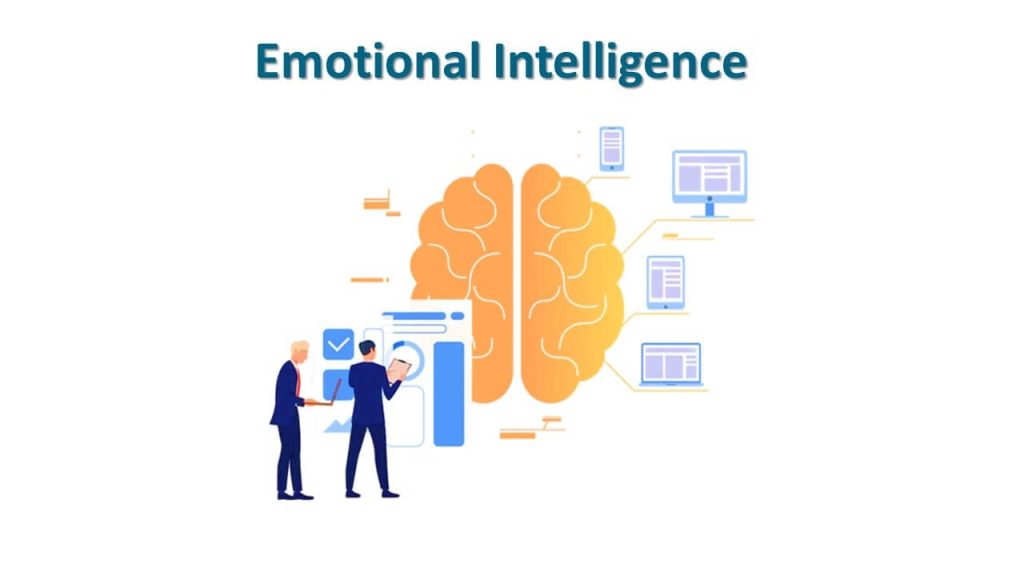In a job market where technical skills and qualifications often take centre stage, the importance of emotional intelligence (EQ) is sometimes overlooked. However, EQ plays a significant role in personal and professional success, and including it in your resume can make a meaningful difference in your job search. In this blog, we will explore the concept of emotional intelligence, why it matters, and how to showcase it effectively in your resume.
Understanding Emotional Intelligence (EQ)
Emotional intelligence, often abbreviated as EQ, refers to a person’s ability to recognise, understand, manage, and effectively use their own emotions and those of others. It encompasses several key components:
Self-awareness: Recognising your own emotions and understanding their impact on your behaviour and decisions.
Self-regulation: The ability to manage and control your emotional responses, particularly in challenging or stressful situations.
Empathy: The capacity to understand and consider the emotions, needs, and perspectives of others.
Social skills: The ability to build positive relationships, communicate effectively, and work well in collaborative environments.
Why Does EQ Matter in the Workplace?
EQ is increasingly recognised as a crucial factor for professional success. Here’s why it matters in the workplace:
Effective Communication: Individuals with high EQ are better at listening, conveying their thoughts clearly, and understanding the needs and concerns of their colleagues. This leads to more productive and harmonious working relationships.
Conflict Resolution: High EQ individuals are adept at resolving conflicts and disagreements amicably, which fosters a positive work environment and minimises disruptions.
Leadership: Leaders with strong emotional intelligence can inspire and motivate their teams, leading to higher employee morale, productivity, and retention.
Adaptability: EQ helps individuals navigate change and uncertainty more effectively, making them valuable assets in fast-paced and evolving industries.
Customer Service: In roles that involve customer interactions, EQ is crucial for understanding and addressing customer emotions and concerns, ultimately leading to better customer satisfaction.
Showcasing EQ on Your Resume
Now that we understand why EQ matters, let’s explore how to effectively showcase it on your resume:
Include Relevant Examples: Incorporate specific examples from your professional experiences that demonstrate your EQ. For instance, mention how you successfully resolved a workplace conflict or how you built rapport with colleagues or clients.
Highlight Soft Skills: In the skills section of your resume, emphasise soft skills related to EQ, such as “empathy,” “active listening,” “conflict resolution,” and “collaboration.”
Use the Right Keywords: Tailor your resume to the job description by using keywords that align with EQ. Employers often look for candidates with strong interpersonal skills, so ensure these words appear prominently.
Show Your Impact: In your work history, don’t just list your job duties; highlight the positive impact you’ve had on your team or organisation. Discuss how your EQ skills led to improved teamwork, increased client satisfaction, or effective leadership.
Objective or Summary Statement: Consider including a brief objective or summary statement at the beginning of your resume that mentions your commitment to emotional intelligence and its importance in your work.
Professional Development: If you’ve taken courses or attended workshops related to EQ, mention them in your education or professional development section.
Recommendations and References: If you have references who can vouch for your EQ, include them on your resume or mention that they are available upon request.
Examples of EQ in Action on Your Resume
Let’s look at a few examples of how you can incorporate EQ into your resume:
Conflict Resolution: “Successfully mediated and resolved team conflicts, resulting in improved collaboration and a more harmonious work environment.”
Team Leadership: “Led a cross-functional team, fostering a culture of open communication and empathy, resulting in a 20% increase in project efficiency.”
Customer Relations: “Utilised strong empathy and active listening skills to address customer concerns, resulting in a 95% customer satisfaction rate.”
Collaboration: “Collaborated with diverse teams across departments, leveraging effective communication and interpersonal skills to drive project success.”
Incorporating emotional intelligence into your resume not only reflects your ability to connect with others but also demonstrates your awareness of its significance in today’s workplace. By doing so, you position yourself as a well-rounded and valuable candidate who is not only technically proficient but also capable of fostering positive relationships and contributing to a more emotionally intelligent work environment.



